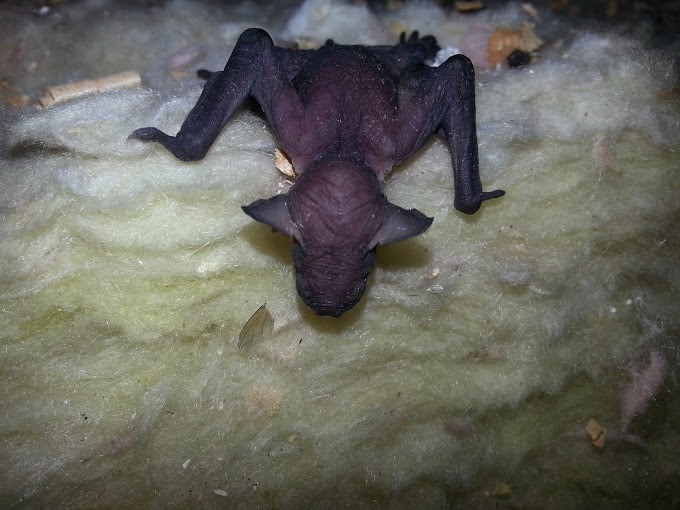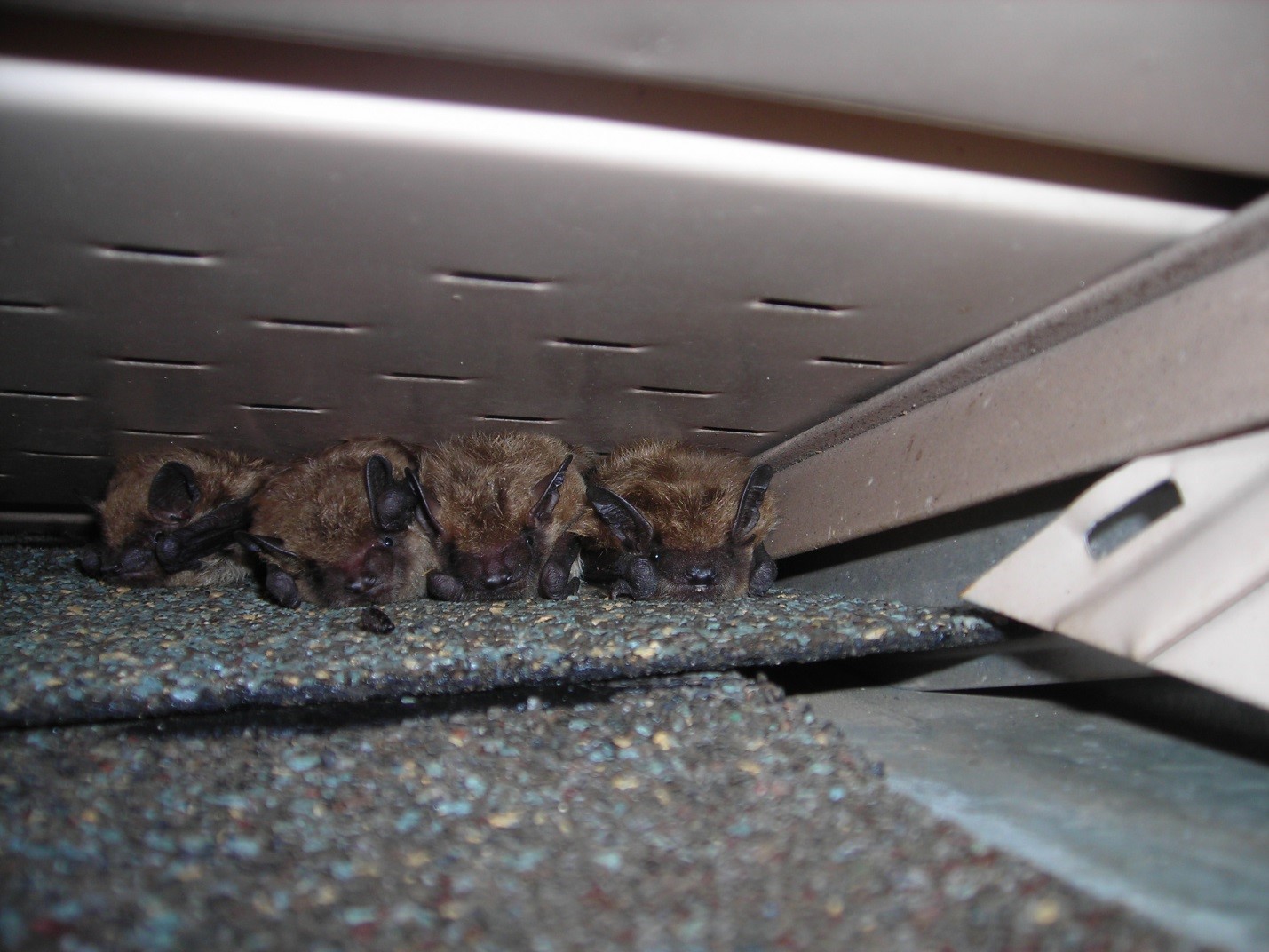Bats, bats, bats. The sign something is haunted. A characteristic of something creepy. However, bats are incredibly important to reducing insect populations. We all hate mosquitoes. Big brown bats and little brown bats only give birth to one or two pups per year. Our fear of bats sometimes causes us to overreact when discovering them in our homes.
Bats give birth during the summer
Female bats usually emerge from hibernation in early spring. With their upcoming maternity, female bats are first to establish new roosting areas. These sites are called maternity or nursery colonies and usually include houses. After a few weeks of pregnancy the baby bats are born during the warmer summer months.
Babies stay close to the mother until they’re ready to hunt and fly on their own. The colony will stay at this roost through winter if conditions are suitable. Before this, males arrive in large numbers looking to mate with female inhabitants. Bats usually only produce one litter a year.

A baby bat inside an attic.
Bats construct maternity roosts in buildings and hollow trees
Many species of bats use maternity colonies as a safe place to reproduce. Ontario’s most common little brown bat and big brown bat often build roosts in houses. They use the same roost continuously year after year.
Over decades these bats have learned to live and change with the growing population of humans. Bats once used to roost in hollow trees but after the development of cities and towns wiped out large segments of forests they were forced to adapt. Now, your attic is one of their favourite places to develop maternity colonies. The warm air acts as an incubator for maturing pups.

Bats huddled together on a roof.
Signs you have a bat colony
- Brown or black stains. As bats come and go oils from their fur stain an opening.
- Noise in your home. Scratching or rustling can be heard while bats move around.
- About the size of a grain of rice.
- Seeing them fly from your home at night.
- A bat in the house. A sure sign of a colony in the walls or attic.
Living with bats
Bats only have about one to two pups a year but their numbers can grow rapidly over the years inside your attic. When bats live inside your home they can frequently make their way into the living space, a dangerous and scary experience.
Guelph animal control for bats
If you discover a colony in your attic make sure not to disturb anything. Disease and parasites can live in bat droppings and roosts. Call the professionals.
Skedaddle Humane Wildlife Control can safely remove any colonies that might have found their way into your attic. Call today! 1-888-592-0387



